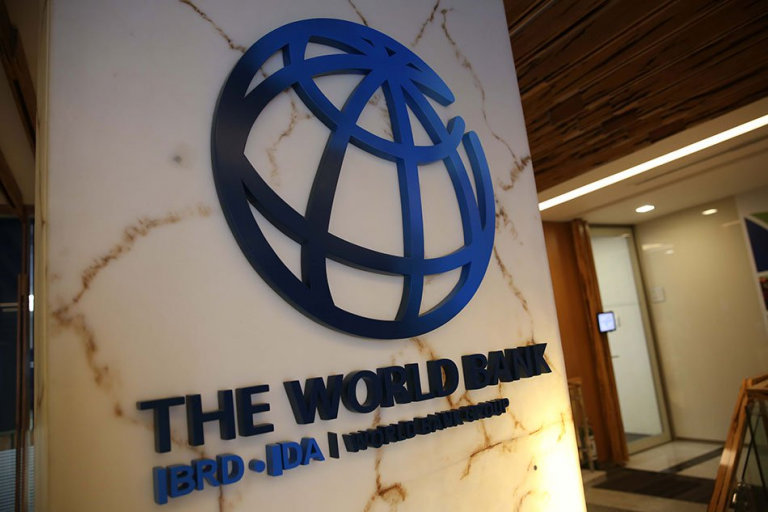
The World Bank had earlier noted that Nigeria may spend up to $9 billion on fuel subsidies in 2022, warning that the country’s high spending on subsidies will dwindle its revenue, also negatively impacting the government’s ability to fund the 2022 budget.
Recently, the President of World bank David Malpass disclosed that the bank is ready to support Nigeria in phasing out regressive fuel subsidies while increasing social assistance for the poor and vulnerable.
He also stressed the need for a unified exchange rate in Nigeria, which would significantly improve the business-enabling environment in Nigeria, attract foreign direct investment and reduce inflation.
Register for Tekedia Mini-MBA edition 19 (Feb 9 – May 2, 2026): big discounts for early bird.
Tekedia AI in Business Masterclass opens registrations.
Join Tekedia Capital Syndicate and co-invest in great global startups.
Register for Tekedia AI Lab: From Technical Design to Deployment (next edition begins Jan 24 2026).
This was contained in a statement published on the Bank’s website, as it was reported that the World Bank President David Malpass had a meeting with the Vice President of Nigeria, Prof. Yemi Osibanjo.
Here is a readout from World Bank Group President David Malpass’ meeting with Vice President Yemi Osibanjo
“President Malpass and Vice President Osinbanjo discussed Nigeria’s Energy Transition Plan. President Malpass welcomed Nigeria’s commitment to achieving universal energy access and reducing GHG emissions while maintaining reliable baseload.
“President Malpass emphasized the importance of integrating climate and development, as well as the need for an enabling policy and regulatory environment alongside strengthened institutions in the energy sector.
”President Malpass affirmed to Vice President Osinbajo the WBG’s readiness to support Nigeria in phasing out regressive fuel subsidies while increasing social assistance for the poor and vulnerable.
“President Malpass encouraged a decisive move toward exchange rate unification and stabilization by Nigeria, highlighting the economic benefits for the Nigerian people.
”President Malpass emphasized to Vice President Osinbajo that a unified exchange rate will significantly improve the business enabling environment in Nigeria, attract foreign direct investment, and reduce inflation.
”President Malpass and Vice President Osinbajo also discussed the importance of increasing domestic revenues through broadening Nigeria’s tax base and increasing the efficiency of tax administration.”
One of the major reasons for the rise in subsidy payment in Nigeria, can be attributed to the fact that the country constantly imports petroleum products, as none of its refineries have the capacity to refine crude oil. Nigeria’s low crude oil production has been attributed to the lack of maintenance, organized oil theft, sabotage, and corruption among others.
It is interesting to note that the cost of fuel subsidies in Nigeria, increased by 890% over a five-year period (2017-2021) in the country, even though fuel prices have only increased by 12.1%.
In January this year, the Federal Government of Nigeria, ignored warnings from different economists, analysts and multilateral agencies such as the World Bank and the International Monetary Fund, by deciding to retain the controversial fuel subsidies for another 18 months following threats of protests by the Nigerian Labour Congress and other interest groups.
As of May 2022, the World Bank noted that Nigeria’s daily oil production, stood at 1.5 million barrels per day, quoted as the lowest in ‘fifteen years’ with an average daily figure of 1.54 million barrels per day in the first four months of 2022.
OPEC on the other hand, reported an even lower daily production figure in May, saying Nigeria’s crude oil production stood at 1.024 million barrels per day. Recently, the Ministry of Finance in Nigeria, disclosed that the federal government has estimated N6.72 trillion on petrol subsidy payments for the full-year 2023.
With Nigeria’s current high subsidy payments, the country has been unable to benefit from the rise in crude oil prices globally.



